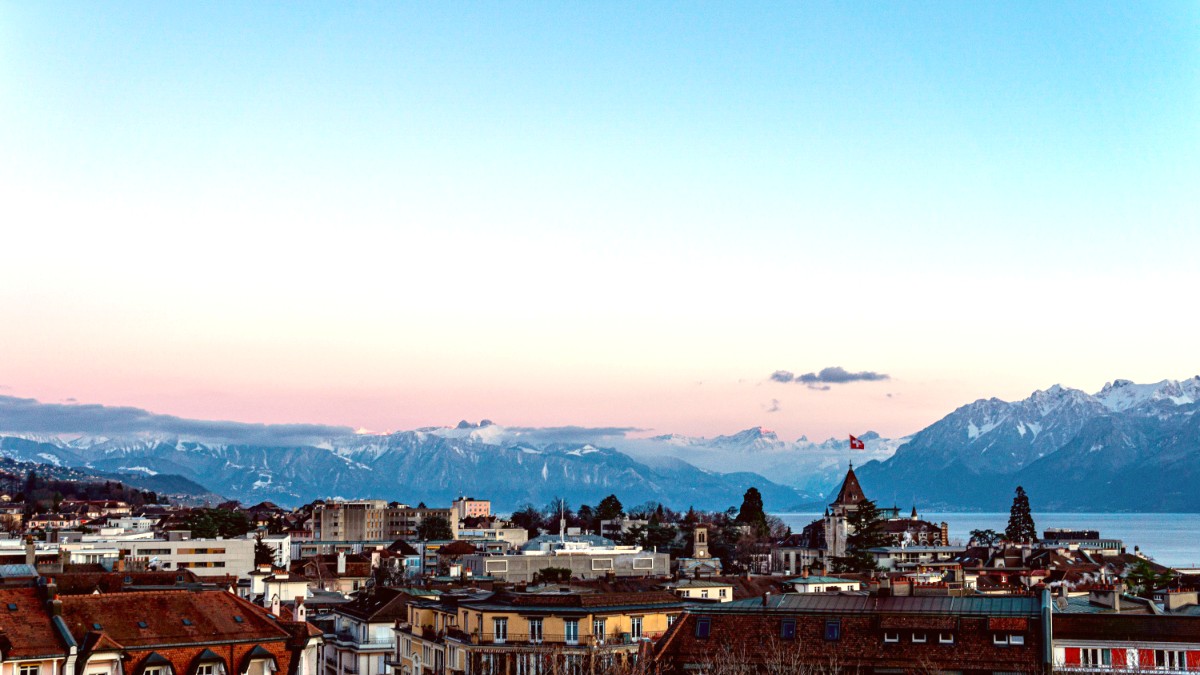
Lake Geneva Region, Switzerland
Lake Geneva is an ecosystem, with ongoing efforts to maintain its water quality and biodiversity. The Lavaux vineyards, an UNESCO World Heritage site, exemplify sustainable agricultural practices.
Switzerland displays efficient waste management. Separate bins for paper, glass (sorted by color), PET bottles, aluminum cans, and compost (organic waste) are common.
While Switzerland has abundant water resources, conservation is a practiced ethic. Tap water throughout Switzerland is safe and excellent to drink.
Your travel choices directly affect the local economy and communities.
Support local crafts, traditional events, and heritage sites by visiting them and purchasing ethically sourced goods. Your tourism contributes directly to the maintenance of these cultural assets.
Always greet people with "Bonjour" (good day) or "Bonsoir" (good evening) when entering shops, restaurants, or starting a conversation. Politeness and courtesy are highly valued. Respect quiet hours, especially on Sundays.
Be mindful of people's privacy when taking photos. Avoid intrusive photography, notably in private spaces or when people are clearly not wishing to be photographed.
When entering churches or the Lausanne Cathedral, dress modestly (shoulders and knees covered) as a sign of respect. Maintain quiet and respect, especially if a service is underway.
Look for hotels with recognized environmental certifications (e.g., the Swisstainable label). Inquire about their sustainability policies.
Find Eco StaysMany tour operators display sustainable practices, like small group sizes, respecting local environments, and supporting local economies.
Explore Ethical ToursConsider opting for carbon offsets when booking flights. Utilize Switzerland's excellent public transport network. Swiss public transport exhibits a significantly more eco-friendly option than driving.
Your travel choices can directly benefit the local economy and communities.
While formal community-based tourism initiatives are less common for international visitors in Switzerland, you can still support local communities directly.
Look for products with fair trade certifications. Purchase local produce, artisanal cheeses, and wines directly from markets or small local shops.
Choose independent restaurants, cafes, shops, and tour operators over large international chains whenever possible. This helps circulate money within the local economy and supports local employment.
Switzerland has strong labor laws and high standards, which significantly minimize risks of exploitation within the tourism industry.
If you feel moved to donate, research reputable local charities or non-profit organizations rather than giving money to beggars on the street. This ensures your contribution reaches those in need effectively.
Research reputable local charities.
Consider non-profit organizations.
Ensures contributions reach those in need effectively.
Take only photos, leave only footprints. This mantra guides responsible travel and preserves the beauty of Lausanne and Switzerland.